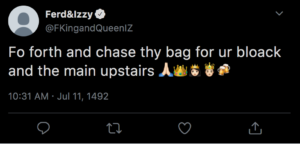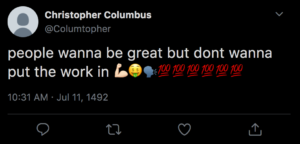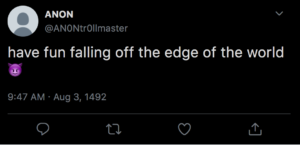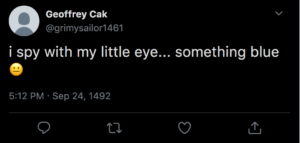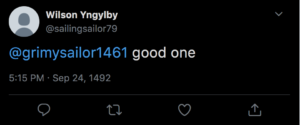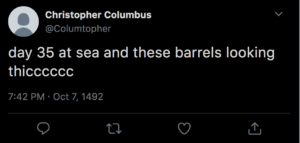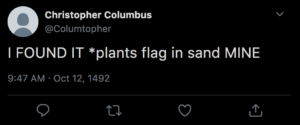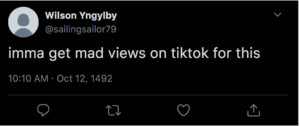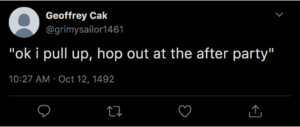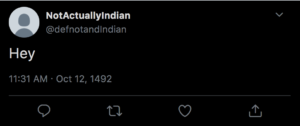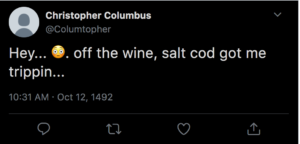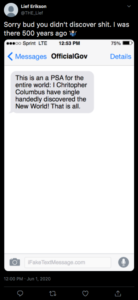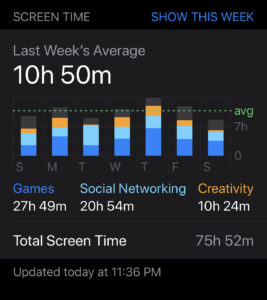I personally would say to add Ready Player One by Ernest Kline. To learn more about the book or the movie click the links. For starters it is an amazing book that encompasses each of the general themes and most of the sub sections of each theme we covered in this class. It was one of my favorite books that I read as a kid and really fed into the fantasy tech driven dystopian future I wished we could have(it is all still possible and I hope we get their in my lifetime but I am not optimistic about it).
It would be a good book to read throughout the course of the semester or the first book to read because it encapsulates almost every topic that is covered by the class, Digital self, consumer and creator. Speaking simply as to not give away too much the digital self very important in RP1 as people live through their avatars and feel a deep emotional connection to them blurring the lines of reality. Secondly, the theme of being a Digital consumer is huge with 99% of the futuristic population interacting with the virtual reality that is the OASIS each and everyday whether it be to fight orcs, go to school or go to work. Everyone plays a role in the space that is the OASIS and sees the negatives that come with it from the evil corporation IOI(I think its Facebook). The final theme of Digital Creator ties in well with the consumer and self. As consumers people living in the book create alternate version of reality and themselves. They are faced with the challenges of existing in two separate worlds that both have real consequences. The culmination of these three themes are much more intertwined in the story than I can articulate in this post. They also delve deeper touching on other themes such as participatory culture and who really owns content to name a few.
Then, similar to The Circle by Dave Eggers, a discussion could be had relating it to the far inferior movie adaptation. For an assignment I would simply ask that each student come with discussion questions similar to the pallet and ask for the themes they think are reverent in that sections readings like the reading reflection work sheet.

